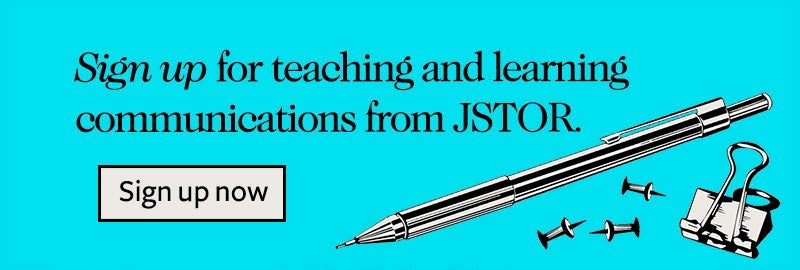The magic of whale poop (The Atlantic)
by Ed Yong
Baleen whales can eat unbelievable quantities of krill. But they also nurture the tiny creatures with the power of their enormous droppings. In fact, as whale populations have dropped, krill as a species have suffered greatly. Some scientists say they have one weird trick for both species thrive again.
What would dogs be without us? (Aeon)
by Jessica Pierce
If humans suddenly disappeared from the face of the Earth, what would happen to our dogs? They wouldn’t go back to being wolves. But they might become something more interesting—or many interesting things.
The other greenhouse gas (Vox)
by Rebecca Leber
We all know that cutting carbon dioxide pollution is key to slowing climate change. But methane is in some ways an equal threat to life as we know it. And it’s spewing from oil and gas fields around the world.
Deb Haaland’s history lessons (History.com)
by History.com Editors
In an interview, U.S. Secretary of the Interior Deb Haaland describes how her work is influenced by the nation’s—and her own family’s—past.
How not to be a low-energy person (The New Yorker)
by Nick Paumgarten
How much energy do you have? And what does that even mean? From mitochondria to mesmerism, people have a lot of ideas about what it means to be energetic. Some may even help us get through the day without a mid-afternoon nap.
Got a hot tip about a well-researched story that belongs on this list? Email us here.






